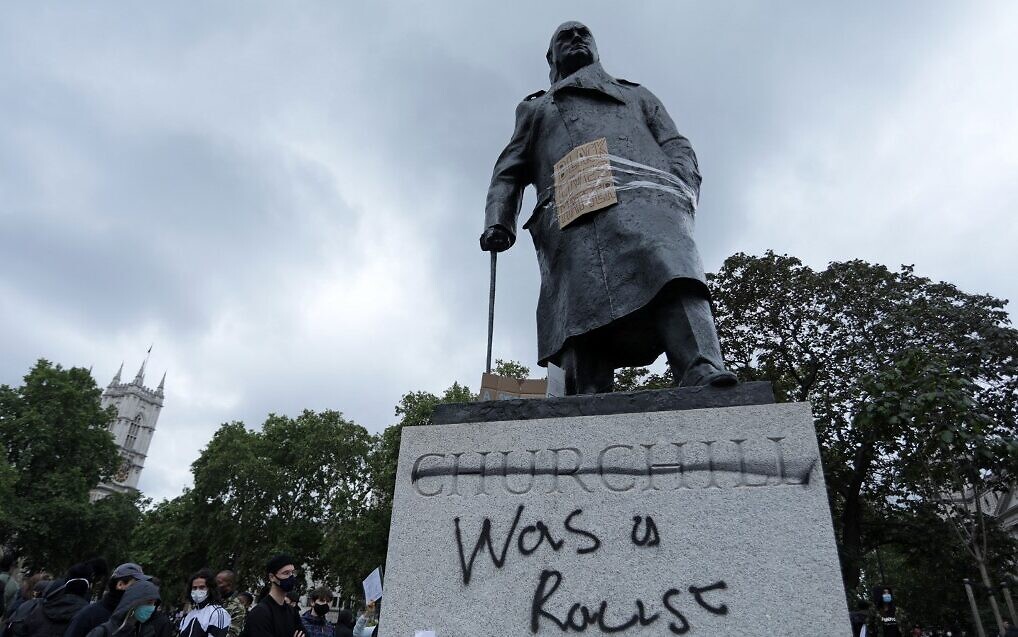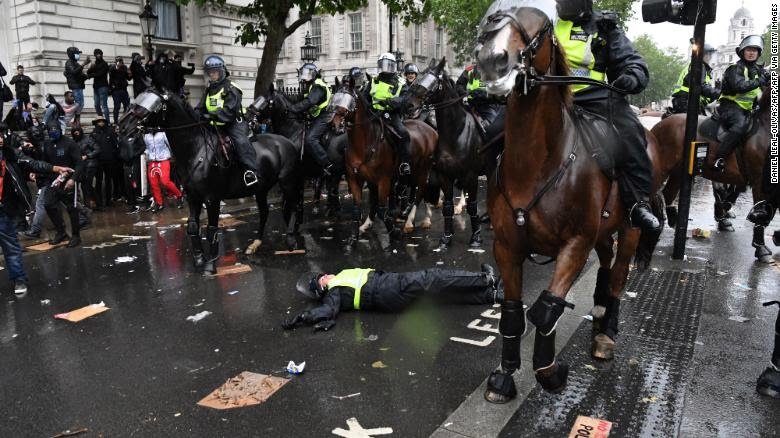Meeting of 10th December, 2022
Annotated Note on Exchanges with Guest Speaker Alexander Boot (AB)
Introduction by Evelyne Joslain (EJ)
EJ had arranged for AB to speak to BCiP at this meeting and introduced AB.
AB had been a lecturer at institutions in EN and US – as well as at a university in Moscow in the days of the SU.
AB has written a book on neo-conservatism.
EJ marvelled that she had at last found some one with views more conservative than her own!
AB Address
Why is Conservatism not Doing So Well?
AB posits that conservatism is engaged in a rear-guard action never able to effectively change the direction of travel.[1]
Definition of conservatism
The classic distinction between uppercase “C” (relating to the Conservative Party) and lowercase “C” (relating to conservative political, philosophical etc principles) – conservatism was recalled.
AB is lowercase – thus belonging to the “real conservatives” as he put it.
But one must ask: what does one want to conserve?
Politics before JC
AB argued that pre-JC eg in Ancient Greece politics was [for engaged citizens] all-encompassing, standing well ahead of family and private affairs in importance. Indeed family life could be reduced to that of a “breeding farm for the polis” – in his words.[2]
Politics after JC
Christianity “changed everything” – giving rise to new values and organisational principles in society.[3]
Thus arose a new “Western” model of society in which much more emphasis was placed on family, personal salvation, the private sphere more generally.
Political structures began to assume characteristics reminiscent of the family.[4]
According to AB a conservative would consider his personal beliefs to take priority over his political ones.[5]
Why Did Politics Become Dominant Again?
With the development of “modern man” and the disruption caused by the French Revolution society shifted again: the “organic” Christian ordering of society was replaced by the “modern state” – a sort of techno-structure far removed from concern for individual virtue, salvation and family – and bent on an ”efficient” ordering of society.
Cf the Evolution of the State in England
Because English political history represents such an extraordinarily lengthy continuum – extending back well beyond the arrival of the Normans – it is not really possible to pinpoint the time of coming into existence of an “English state”.[6]
Cf the Tendency of the Modern State to Become ever more “Absolute”
The modern state tends towards centralisation and to limit localism.
An interesting comparison is between Louis XIV and a French president or British PM today: the latter in many respects has more power (most of the time ie excluding extraordinary situations where no stable majority exists in parliament) and fewer constraints than the former.
Cf Development and Increasing Power of Supranational and/or Judicial or Quasi- or Pseudo-judicial[7] Bodies
The UE, the ECHR, the International Criminal Court etc extend the trend towards more centralisation of power at an ever-increasing distance from the citizen. This, among other things, has contributed to distrust among citizens of political structures including those of their own individual countries.
Problems of Centralisation
In addition to alienation of citizens comes the putting off of potential participants in the political process – given that the same has become less effective in dealing with real problems because of being constrained by so many supranational norms, media campaigns, pressures groups etc.
Further, the Christian foundations of Western societies have been ground down and gradually expelled.
Today a triumph of ideology has supplanted strong personally held convictions, according to AB.
The best conservatives can do is to retard the process.
Questions: What About Political Cycles, Pushback etc?
Several questions turned around the idea that AB was too pessimistic in abandoning all hope of a meaningful comeback of conservative principles and practice.
As to the marginalisation of Christianity it was pointed out that there have been quite a number of spectacular cycles which have seen Christianity fall into apparent terminal decline (eg in the 5th century, after the French Revolution, after Vatican II) only to make astonishing comebacks (cf Gregory the Great – pope in the late 6th Century; the development of monasticism in the high Middle Ages; the extraordinary dynamism of Catholicism in France (and elsewhere) in the 19th Century after the travails of the Revolution and under Napoleon and subsequently; the rejuvenation under Pope John Paul II).
Similar “returns to good fortune” can be found elsewhere eg the revival of Jewish spirituality in the latter 20th Century following a period in the 19th and 20th century when secularism in the Jewish community posed a challenge to the Jewish faith and even identity; the British monarchy has also known spectacular ups and downs over the last two centuries eg George IV was hugely unpopular -yet the monarchy flourished in the Victorian Age.
On the level of voting behaviour one can also see voter rejection of extreme and noxious political programmes (eg “defund the police” – now apparently abandoned by the Democratic Party the latter having been “mugged by reality” since the heyday of “BLM”).
[1] Cf questions section below.
[2] PT : social structures in Sparta in particular corresponded to this model.
[3] PT : change in fact was gradual eg it took literally several centuries for the Church to persuade the Frankish nobility to abandon polygamy – even after their nominal conversion.
[4] The reference seems to be to family-based dynasties and to the development of the nation as some sort of extension of the family (as argued by Hazony) (cf mediaeval notions of bonds of loyalty, service, protection knitting together different social/hierarchical groups – sometimes assuming quite an elaborate form as in the Holy Roman Empire). The Hobbesian or post French Revolution model of the Leviathan or Jacobine nation state citoyen – a counter-model discussed below – came later.
[5] This was not challenged during the Q&A session at the end of the meeting, but if one thinks of figures such as Winston Churchill, Charles de Gaulle, Otto von Bismarck, Lord Salisbury (late Victorian PM) etc one might consider this opposition to be rather abstact.
[6] AB seemed to be of the view that the English polity has preserved at least some of the traits and the modus operandi of an organic political organisation – something contributed to even today by the Common Law system of precedent, organic evolution driven by “realities on the ground” in society, trade etc. as well as by ancient overarching principles (cf Candian Supreme Court decision on the Reference on Quebec sovereignty recalling that fundamental principles in the Common Law reach back to basic beliefs about the ordering of English society developed many centuries previously and carried over through the Common Law to other Common Law countries).
[7] Inasmuch as some such bodies are or become highly politicised.













